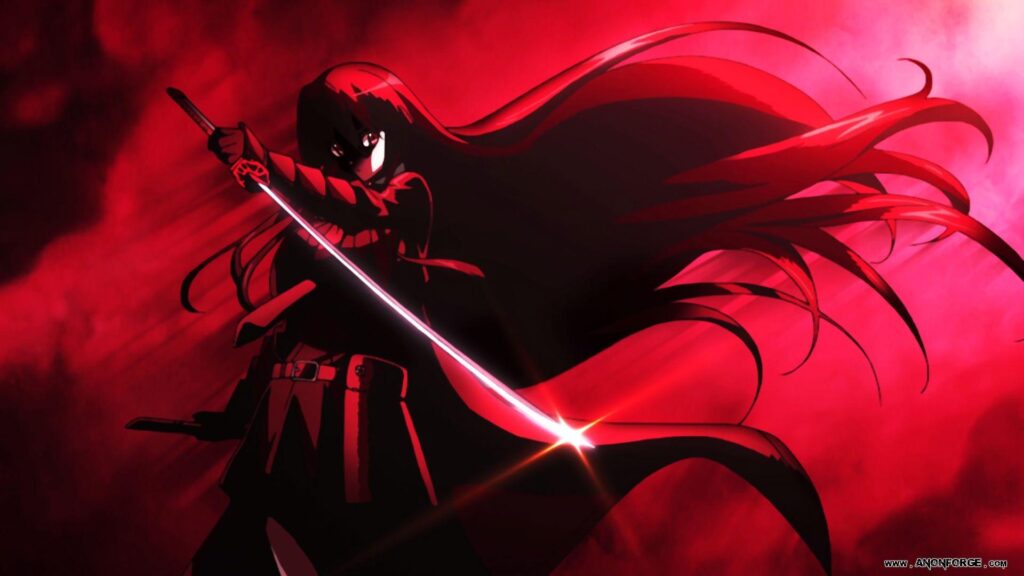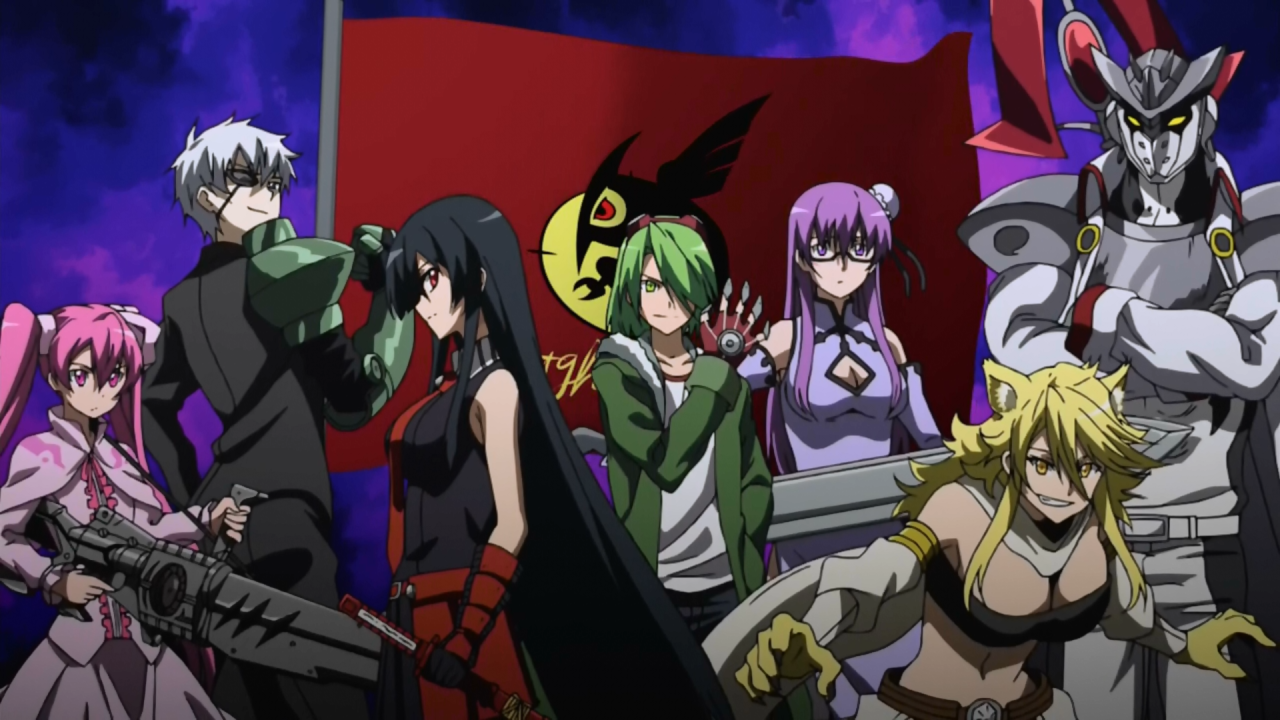
Anime is something I’ve never gotten around to on this feature yet, but I recently rewatched one of my favorite animes of all time and thought others ought to watch it. The first time I watched Akame ga Kill was one of the most exhilarating TV watching experiences I’ve had in my entire life. To me, it was such an awesome and flawless show that it remained in my mind like a fond memory I was longing to revisit. This last rewatch makes it the sixth time I’ve done so.
Upon rewatching, I saw some flaws that I hadn’t noticed before. This definitely isn’t a perfect anime, or at least not as perfect as I make it out to be. But I believe its awesomeness outweighs its flaws. Those who watch a lot of anime, have watched this anime, and/or at least know the controversy surrounding this anime may be scoffing at my seemingly blind love for this show. I’ve found that traditional anime fans are uncomfortable with this show, and dedicated fans absolutely loathe it. It’s different from a lot of other anime in ways that I personally think are good, but could understandably upset someone who enjoys traditional anime structures. It feels closer to western television in many respects, which is an entirely different landscape. I’ll admit, this is coming from someone who primarily enjoys western TV shows and has watched 10 animes at most. I can’t speak for the die-hard anime fans, but I think more open-minded viewers are in for a treat.
I don’t enjoy too many animes because, like K-dramas, there’s a bunch of annoying tropes that they adhere to. When I say annoying, I mean for myself and probably other media consumers like me. If these tropes were in an American show, that show would never air. In fact, much of the problems I have with Akame ga Kill are the parts that mimic traditional anime. This includes blatant exposition, questionable retcons, and battles where the characters tell each other their strategies as they execute them. These problems don’t permeate throughout the whole series, however, and they’re hardly noticeable as long as you aren’t seeking them out.
One problem specific to the show is tonal whiplash. It’s clear that the animators had to squeeze in quite a bit of manga into just 24 episodes, so the story’s pace is very quick. This means that deeply emotional moments that I would’ve liked to linger on are cut short at times, and sad moments may be inappropriately followed by comedic ones. On the other hand, the pacing is one of the reasons why this show is so great. The story is constantly moving and engaging you with action and never wasting your time. By the end, so much stuff has happened that the show feels like one crazy adventure.

The ending has also been a polarizing topic. I’ll say that I thought it was good, and some of the reasons people don’t like it don’t make sense. First, I don’t think it’s fair to compare anime to the manga it is adapted from. Anime is a far more popular medium than manga is, and it doesn’t exist to validate the wishes of the niche group of manga fans. The book will be better than the show a majority of the time because it is subjective to your imagination and unrestrained by production limitations. Just because a show changes things or does not meet expectations, it doesn’t mean it’s a bad show. Secondly, a show isn’t bad if it evokes emotions other than happiness. The sadness and anger viewers might feel are intentional, and add to the value of the show.
Now onto what the show does great. First and foremost: the music. This is one aspect of the show that nobody can dispute. Not only is it Hollywood blockbuster grade, but it is weaved so well into the show that you might hardly notice it’s presence and still feel its effects. Next are the characters. The way their backstories are introduced is a bit lazy, but beyond that, Akame ga Kill introduces a cast of charismatic characters that you’ll laugh and cry for. I can count on one hand the amount of movies and shows that have actually had me jumping out of my seat or shedding a tear, and this is one of them. And finally, the structure. Akame ga Kill is one complete story, so every episode is relevant to the main conflict, and it ends with all the closure you’ll need.
Akame ga Kill is also the only anime I’ve ever seen with no fillers. Fillers are easily the worst part about anime, and why I’m always reluctant to pick up a new one; I know that at some point, I’m going to be subjected to characters sitting around and talking about nothing while I curse the creators who aren’t even trying to hide the fact that they’re wasting my time.
I’ll remind you again. This isn’t just for anime watchers. Anyone looking for something new can take something away from this show. I promise, or at least hope, that it’ll be every bit as awesome as I’ve described. It’s available on Netflix!